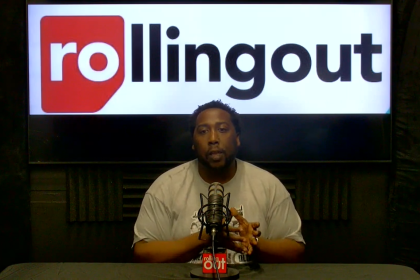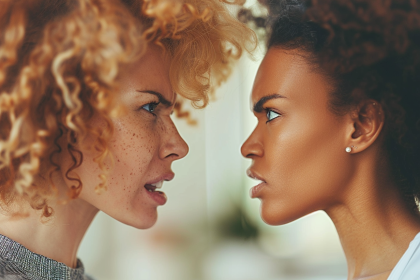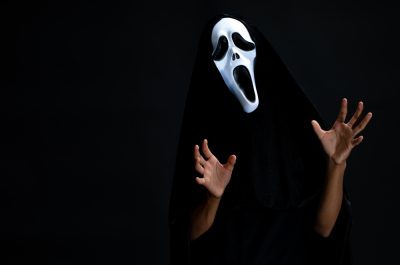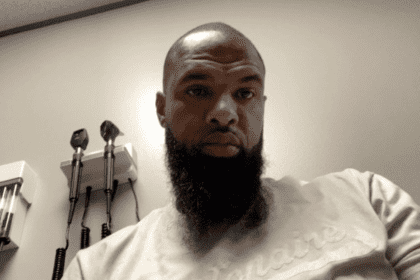
Race has dominated the national media’s headlines for the last week. For the most part, the nation has been fixated on the story of Rachel Dolezal and her desires to exist as a Black woman; however, the Charleston terrorist attack served as a vivid reminder of what it really means to live a Black experience.
Those who were in attendance at Emmanuel AME church on the night of June 17 were victims of a racially-motivated terrorist attack. It’s the kind of terrorist attack that has been common to Black folks since African bodies were shipped to this land for the purpose of slave labor. It’s the terror that saw the total destruction of the prosperous Black Wall Street community in Tulsa where 300 Blacks were killed by White rioters in 1921; it’s the terror that caused four little girls to be killed during the bombing of the 16th Street Baptist Church in Birmingham in 1963; it’s the terror that accounted for 3,959 Blacks who were lynched during racial attacks in 12 Southern states from 1877-1950; it’s the terror of unarmed Black men who continue to be murdered on the streets of America to this day.
Being Black in America means that you can become a victim at any moment. It means that you’re likely to face discrimination at some point, whether it’s employment opportunities, purchasing a home, or merely just walking down the street. Being Black is not an experience that can be duplicated through skin tanning, listening to hours of Black-produced music, buying a natural weave, or even studying and fully comprehending Black history.
Even with a Black family in the White House, America has yet to eradicate its racist past and present. That’s why being Black is not like a new toy that you get for Christmas. You can’t play with Black identity when it’s convenient and put it down once it’s no longer useful. Because that’s only an extreme form of disrespect to every Black person who suffered and died simply because of the color of their skin.
















